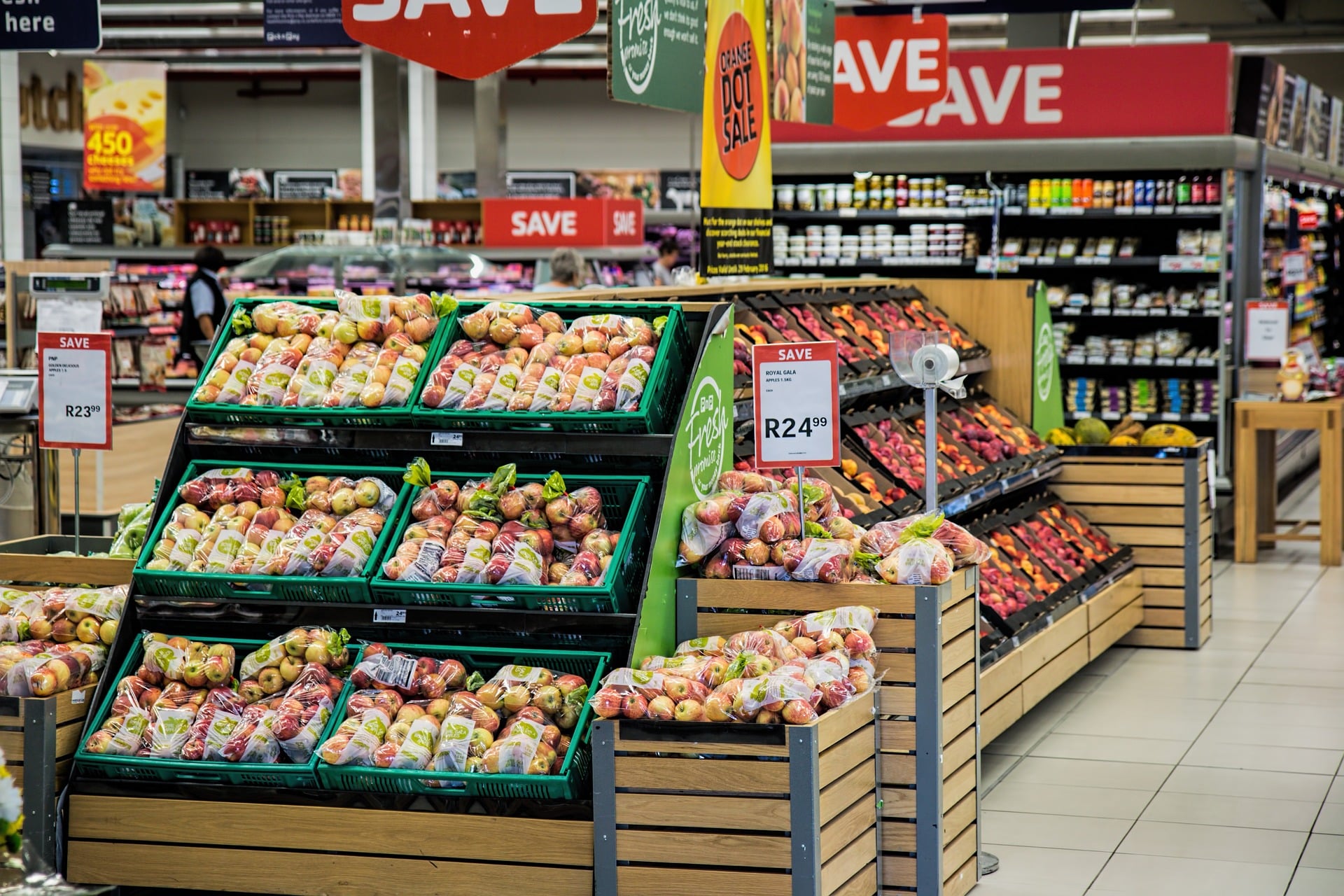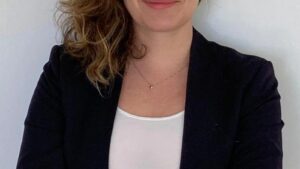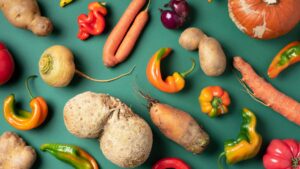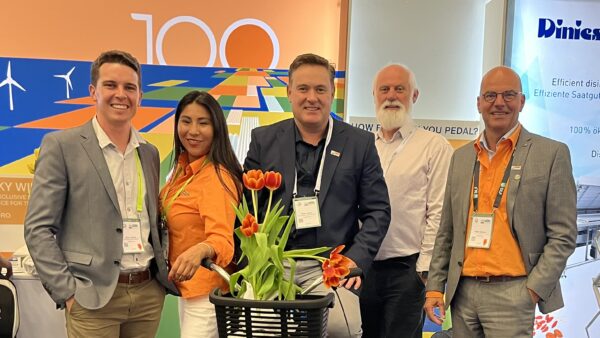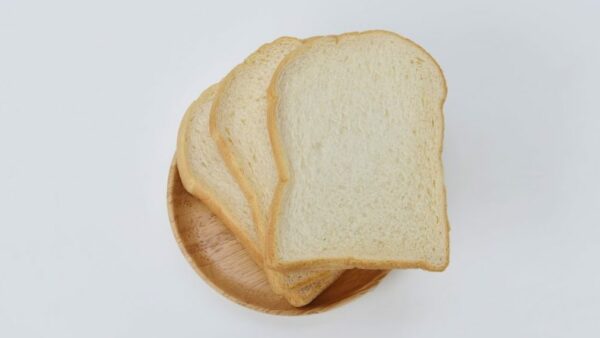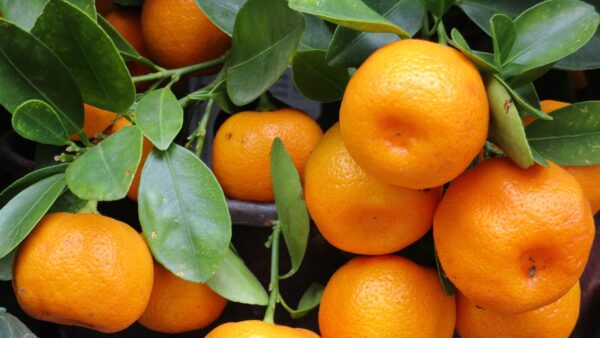BASF SE and StePac Ltd. have entered a collaboration to develop the next generation of sustainable packaging geared towards the fresh produce sector, according to a release.
StePac is leading the movement towards chemically recycled plastics to package fresh perishables. The company recently received REDcert2 certification, making StePac now eligible to integrate chemically recycled polyamide 6 into its modified atmosphere packaging (MAP) products.
BASF will provide its chemically recycled polyamide 6, Ultramid Ccycled, allowing StePac the flexibility to enhance contact-sensitive packaging formats within the circular economy.
Xgo and Xtend — StePac’s two brands based on MAP technology — contain built-in humidity control that “slows respiration inside the packaging, delays the ageing processes, inhibits microbial decay, and preserves the quality and nutritional value of the produce during prolonged storage and long-haul shipments,” shared the release.
Thirty per cent of the packaging material will be composed of Ultramid Ccyled, with the ability for a higher integrated percentage.
“This alliance will help strike a balance between creating plastic packaging that is as eco-friendly as possible to keep fresh produce longer through more prudent use of lean plastic films,” said Gary Ward, business development manager of StePac. “These upgraded packaging formats will continue to maintain their role of significantly reducing food waste, a most important task considering that global food waste is responsible for about 8 per cent of anthropogenic greenhouse gas emissions.”
BASF has broken new ground with ChemCycling. Chemical recycling mainly encompasses plastic waste that would have gone towards energy recovery or sent to the landfill. It complements mechanical recycling, advancing the circular economy through yielding food-grade recycled plastic.
“In a thermochemical process, our partners obtain recycled feedstock from these end-of-life plastics, which is then fed into the BASF Verbund. Using a mass balance approach, the raw material can be attributed to specific products, such as Ultramid Ccycled,” said Dominik Winter, vice president of BASF’s European polyamides business. “This helps to replace fossil raw materials and is an important step towards circularity. As chemically recycled plastics have the same quality and safety as virgin material, the scope of plastics that can be recycled for fresh produce packaging is widened.”
Jardin Exotics, S.A.S, Columbian passion fruit exporters, will pioneer the usage of Xgo Circular, the new packaging brand. The MAP properties of the packaging will slow the ripening process, helping to preserve the fruit’s quality during the voyage from Columbia to Europe. The need to repack after arrival is also eliminated by the packing of the final retail packaging format at-source.
“For passion fruit, the combination of the produce specific modified atmosphere properties of the film together with its high-water vapor transmission rate are what makes this film unique in its performance,” said the release.
Related Articles:
BASF and Corteva Agriscience Join Forces to Offer Future Weed Control
BASF Announces its 10-Year Outlook
BASF Develops Seed Variety for the First Tearless Onion Entering the European Market
Interview with Patrick Kabouw (BASF), Euroseeds Seed Treatment and Technology (STAT) Working Group


